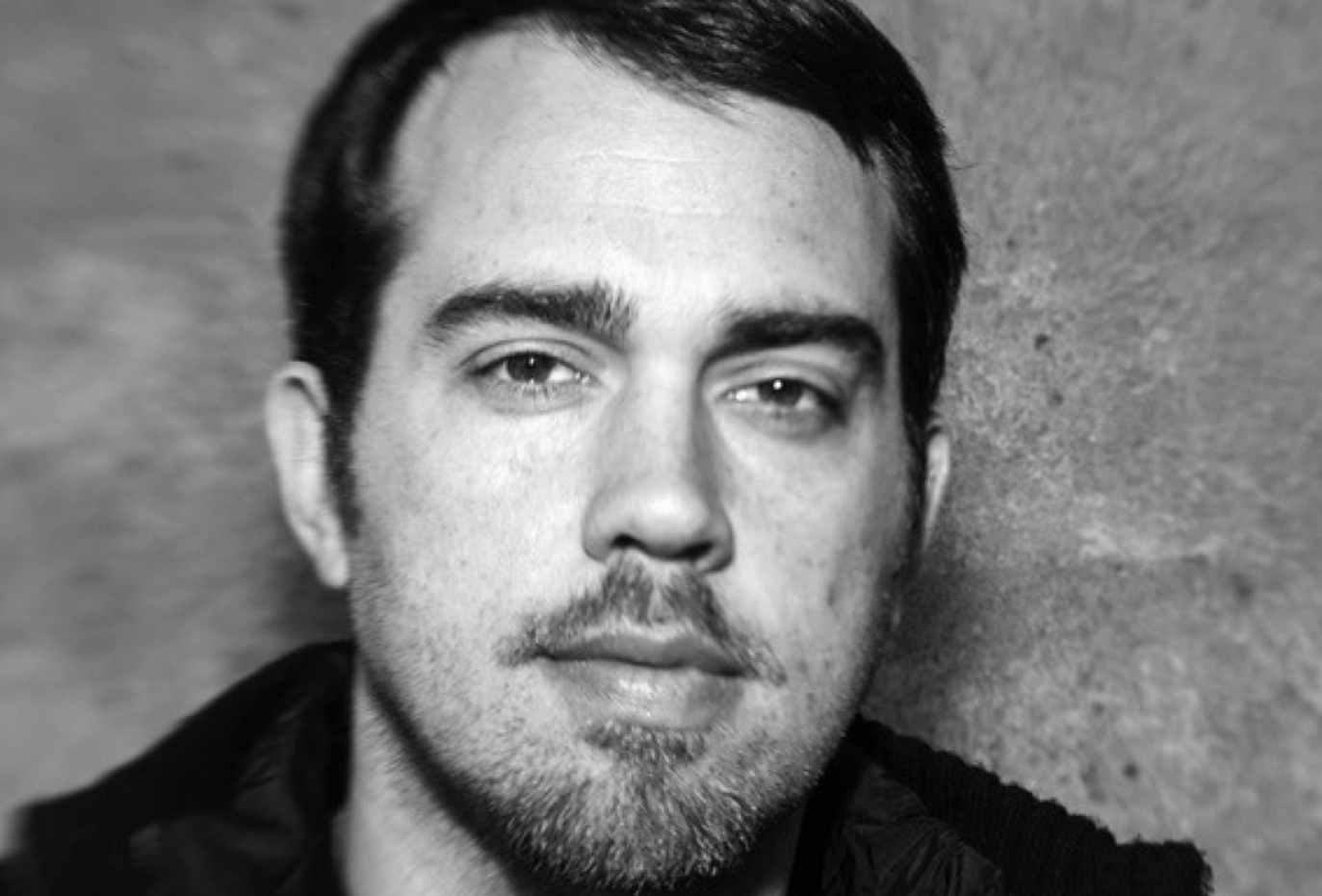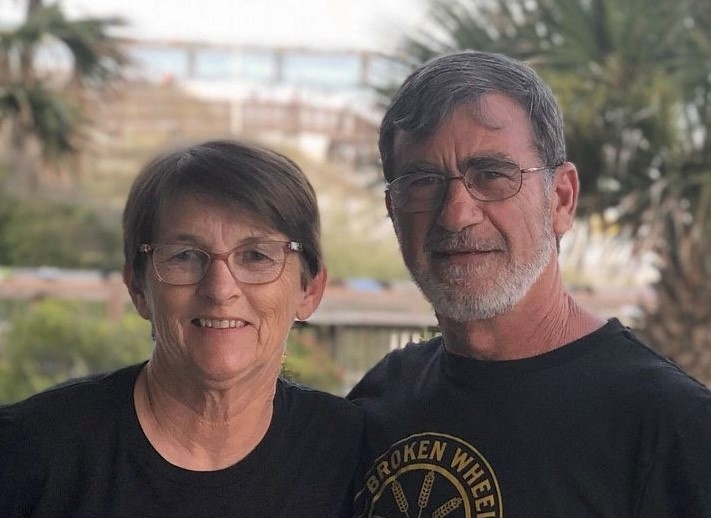- Diseases
- Acoustic Neuroma (14)
- Adrenal Gland Tumor (24)
- Anal Cancer (66)
- Anemia (2)
- Appendix Cancer (16)
- Bile Duct Cancer (26)
- Bladder Cancer (68)
- Brain Metastases (28)
- Brain Tumor (230)
- Breast Cancer (718)
- Breast Implant-Associated Anaplastic Large Cell Lymphoma (2)
- Cancer of Unknown Primary (4)
- Carcinoid Tumor (8)
- Cervical Cancer (154)
- Colon Cancer (164)
- Colorectal Cancer (110)
- Endocrine Tumor (4)
- Esophageal Cancer (42)
- Eye Cancer (36)
- Fallopian Tube Cancer (6)
- Germ Cell Tumor (4)
- Gestational Trophoblastic Disease (2)
- Head and Neck Cancer (6)
- Kidney Cancer (124)
- Leukemia (344)
- Liver Cancer (50)
- Lung Cancer (288)
- Lymphoma (284)
- Mesothelioma (14)
- Metastasis (30)
- Multiple Myeloma (98)
- Myelodysplastic Syndrome (60)
- Myeloproliferative Neoplasm (4)
- Neuroendocrine Tumors (16)
- Oral Cancer (100)
- Ovarian Cancer (170)
- Pancreatic Cancer (164)
- Parathyroid Disease (2)
- Penile Cancer (14)
- Pituitary Tumor (6)
- Prostate Cancer (144)
- Rectal Cancer (58)
- Renal Medullary Carcinoma (6)
- Salivary Gland Cancer (14)
- Sarcoma (236)
- Skin Cancer (296)
- Skull Base Tumors (56)
- Spinal Tumor (12)
- Stomach Cancer (60)
- Testicular Cancer (28)
- Throat Cancer (90)
- Thymoma (6)
- Thyroid Cancer (98)
- Tonsil Cancer (30)
- Uterine Cancer (78)
- Vaginal Cancer (14)
- Vulvar Cancer (18)
- Cancer Topic
- Adolescent and Young Adult Cancer Issues (20)
- Advance Care Planning (10)
- Biostatistics (2)
- Blood Donation (18)
- Bone Health (8)
- COVID-19 (362)
- Cancer Recurrence (120)
- Childhood Cancer Issues (120)
- Clinical Trials (628)
- Complementary Integrative Medicine (24)
- Cytogenetics (2)
- DNA Methylation (4)
- Diagnosis (230)
- Epigenetics (6)
- Fertility (64)
- Follow-up Guidelines (2)
- Health Disparities (14)
- Hereditary Cancer Syndromes (124)
- Immunology (18)
- Li-Fraumeni Syndrome (8)
- Mental Health (118)
- Molecular Diagnostics (8)
- Pain Management (62)
- Palliative Care (8)
- Pathology (10)
- Physical Therapy (18)
- Pregnancy (18)
- Prevention (898)
- Research (392)
- Second Opinion (74)
- Sexuality (16)
- Side Effects (604)
- Sleep Disorders (10)
- Stem Cell Transplantation Cellular Therapy (216)
- Support (404)
- Survivorship (322)
- Symptoms (184)
- Treatment (1776)
Stomach cancer survivor finds hope at MD Anderson, even after wife’s death
3 minute read | Published December 01, 2017
Medically Reviewed | Last reviewed by an MD Anderson Cancer Center medical professional on December 01, 2017
For 78-year-old widower Do Lee, the hardest part of having stomach cancer wasn’t chemotherapy, radiation or even learning to eat again after two-thirds of his stomach was surgically removed. It was figuring out how to live without his beloved wife of almost 40 years, an MD Anderson CRNA (a certified registered nurse anesthetist) who died of the exact same type of cancer he had, three years before he was diagnosed — to the day.
“Sunny was so grateful to work with such dedicated doctors and friends,” Do says. “But her cancer was very advanced by the time it was found — already stage IV. She died 18 months later in hospice.”
The power of serendipity
Watching his wife suffer through the same treatments being recommended for him initially made Do feel very bitter. “You’re not going to do to me what you did to my wife,” Do told Emma Holliday, M.D., during his very first office visit. “You’re not prolonging my life just to watch me die. And I walked out of her office.”
But when his severe diarrhea continued unabated, a colleague of Do’s late wife convinced him to return. He decided to give MD Anderson another try and made an appointment with Brian Badgwell, M.D., and Paul Mansfield, M.D., a close colleague of his late wife.
A bit of serendipity is what finally convinced Do to stay. A friend of his late wife had given him a Bible, and he’d read a passage from Jeremiah about God having a plan. “So, when Dr. Badgwell told me, ‘I have a plan for you,’ I thought that was really something. Quite a coincidence. And I thought, ‘OK. If you have a plan, I will go through with it.’”
Marshalling support for a patient with no caregivers
At MD Anderson, Do had four rounds of chemotherapy and 25 rounds of radiation treatments. Then he had surgery to remove what was left of the cancer — along with two-thirds of his stomach — on May 2, 2017. Do stayed in the hospital for 16 days, but his release posed a problem.
“They didn’t know where to send me, because I had no one to take care of me,” the Korean native explains. “I didn’t know how to cook, and I still couldn’t swallow at all. I have no family here, and my wife and I have no children.”
Mansfield, who serves as vice president of Acute Care Services, was so moved by Do’s predicament that he personally drove Do home, and stayed with him until he and Chris Hagerman, director of Patient Affairs, could arrange for a service to provide round-the-clock care.
“From that day on, I had somebody with me 24/7,” Do says. “MD Anderson treated me really nicely.”
Life after stomach cancer — and a spouse’s death
Today, Do can eat almost anything he wants to in small amounts, and he’s shown no evidence of disease since October 2017. But he still struggles to find meaning in a life without his wife. He’s taken up yoga and meditation and is learning Japanese in anticipation of a visit to that country’s Buddhist temples.
“Those things help, but it’s still difficult,” he says. “I just take it one day at a time. I don’t think about tomorrow. And I don’t dwell on the past. But I do cherish my memories.”
Do also hopes to return soon to his volunteer duties in one of MD Anderson’s myCancerConnection hospitality centers.
“Going through treatment was very hard,” he explains. “I lost 29 pounds, so I’m still really weak. And I have to eat five times a day now, or I get dizzy and light-headed. But I still think it was worth it. I try to tell other people, ‘Don’t give up. Have hope. Somebody has a plan for you.’ And if I had a choice, I would do it again.”
Request an appointment at MD Anderson online or by calling 1-877-632-6789.
Related Cancerwise Stories

Don’t give up. Have hope. Somebody has a plan for you.
Do Lee
Survivor





